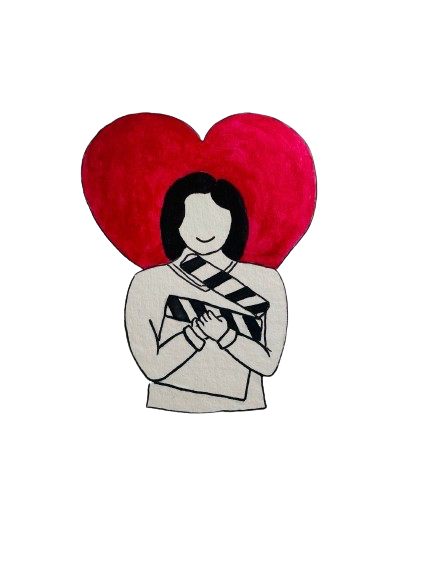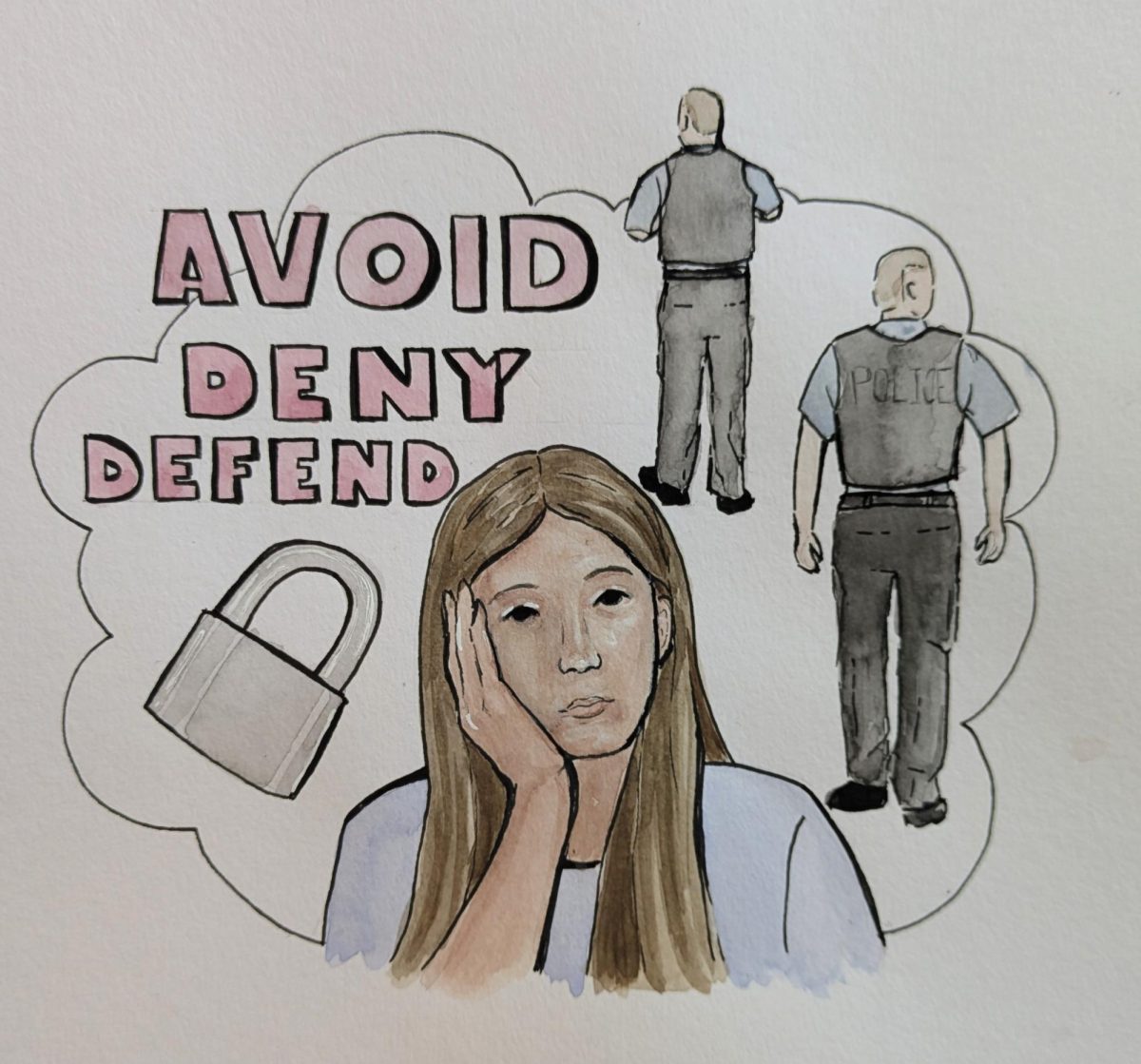“10 Things I Hate About You,” “She’s the Man,” “27 Dresses,” and “The Notebook” are iconic romantic comedies (rom-com) teenagers of the past and present adore. These movies have been known to give a “butterfly” feeling to their viewers because of their happy endings.
I prefer rom-coms over other genres but some of my friends say that lately they’ve lost the romantic touch. I can never get enough of the movie “Anyone But You” because it is genuinely so funny, while others say it doesn’t compare to the older films.
My favorite part of Rom-Coms is the scenario called a “meet-cute” because it adds so much to the wholesome stories. A “meet-cute” is the first moment two characters interact either in a good or bad way to set the relationship up. No matter how sweet their first moment is, there is generally a conflict keeping the two apart, ultimately leading to a happy ending. The joy of screaming, “Just tell her you love her!” with my sister at the television screen in anticipation is one of the most exhilarating moments of being a rom-com lover.
Since film quality has changed immensely over the last 20 years, I’ve noticed scenes between characters in newer movies can be cringe due to the actors’ modern tone. However, this will never change my view on a movie; a movie is more than the actors that portray it. The message of a film can however get tangled up in mediocre acting making it difficult for people to see that meaningful message.
One movie with similar feedback is “He’s All That,” with famous TikToker, Addison Rae, as the main female character. Her appearance is suspected to be behind all the hateful criticism the movie has received since its release in 2021. This attempt to connect with the audience failed because Rae was only popular for dancing on social media, making it difficult for her fans to see her as anything else. In my opinion, the director’s main goal was to show teens that inner character means more than physical appearance. Just like many other movies, there was a genuine goal that just couldn’t be met because of unfair stereotypes about social media.
It is truly a shame that movies with important messages often receive disrespect because teens need to learn these lessons. It has become popular to have relationships that only surround one thing making it very toxic but teens don’t recognize it while adults do. The 1999 film 10 Things I Hate About You features the wholesome side of teenage relationships that needs to be represented more. Perhaps that is why some viewers think the movies have lost their touch since they don’t see the innocent side anymore.
As a fan of romantic comedies, I have a special fondness for Hallmark. Their Christmas movies each year fill me with excitement for the holiday season and create a warm sense of nostalgia in my home. I have to admit that the plots can be repetitive, but that doesn’t bother me—or my grandmother, who enjoys watching them with me.
Repetition may also contribute to the dislike of modern romance movies. Many films tell the same story with different actors or make only minor changes, which can be frustrating when you’re looking for something fresh. Writers often do this with sequels, such as in “The Kissing Booth” trilogy, which seemed to stretch the same basic story over and over. I wanted the characters Elle and Noah to have their happily ever after so badly, but there was always some obstacle getting in the way, which is typical for the genre.
I do have a good amount of friends that also love the genre and one movie I hear so much about is The Notebook. You cannot be a true rom-com fan without seeing The Notebook, everyone knows this. This movie will forever be one of the greatest and teaches such a valuable lesson on patience to everyone.
Although these movies are inspired by potential real-life events, I am eager to experience the beautiful stories in my own life. These types of films excite me, and I hope they do the same for others who watch them.
I simply want to remind people that love is often depicted in new and unique ways in movies, but that doesn’t mean it is any less perfect in the real world.





